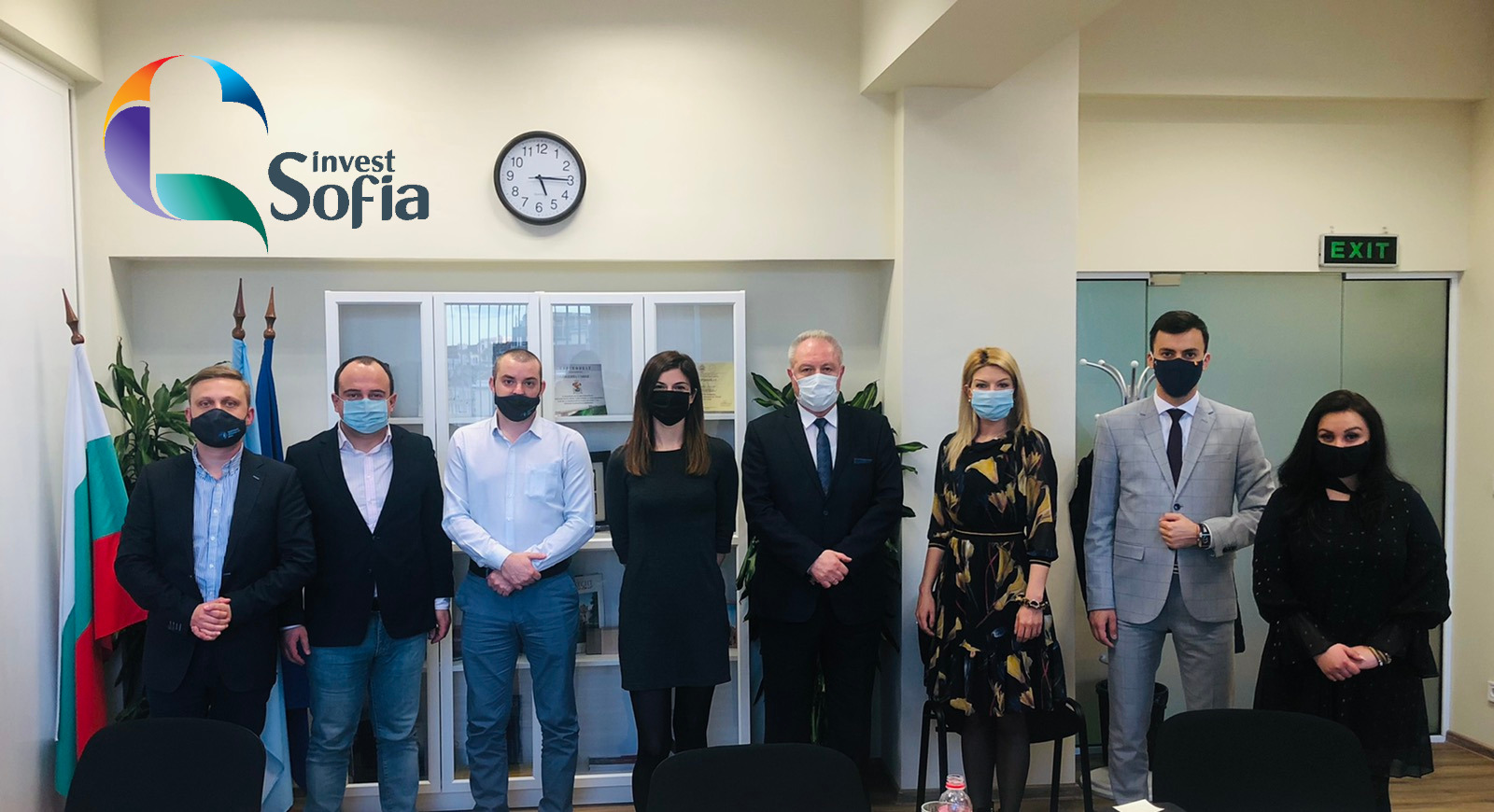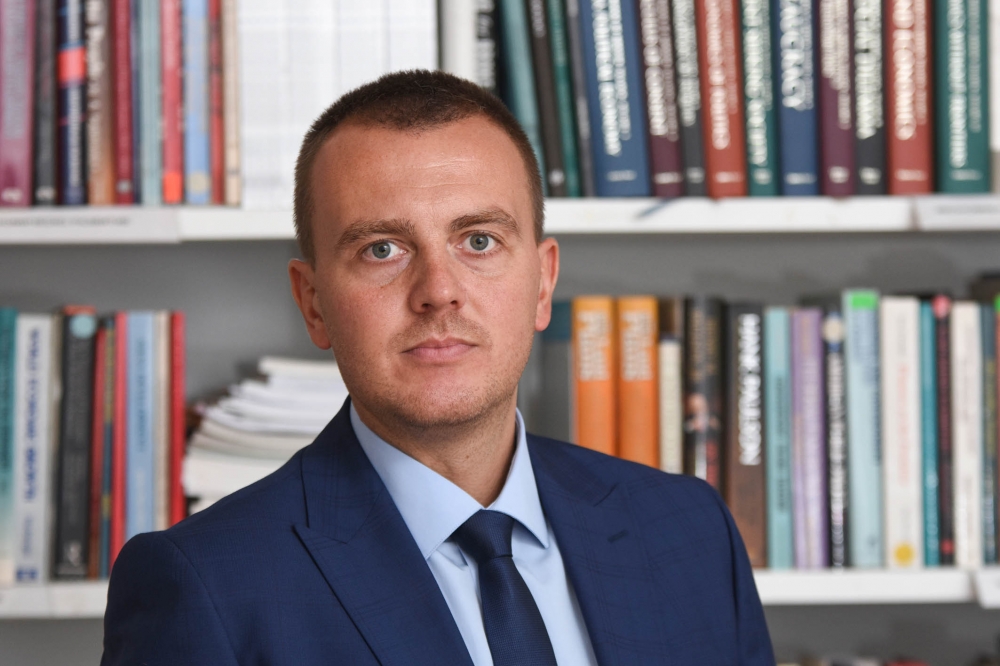SEE Investor Compass: We Dissected Bulgaria’s Regions to Find the Best Place for Your Investment

Why does the gross value added per capita in Sofia, Bulgaria’s capital, stand at nearly BGN 29,000 (EUR 15,000) compared to less than BGN 7,000 (EUR 3,500) in other cities? Does the development of ICT have anything to do with it? We talked to the experts to find the answer to this question and many more.
The beginning of every new year marks the onset of a race among regions to come up with successful decisions for a better future. After the unexpected turns of fate in 2020, when the COVID 19 pandemic changed many plans and strategies, 2021 began with several important initiatives and analyses that may determine the course of competition between Bulgarian regions.
A joint marketing identity for several regions?
In February, Bulgaria’s biggest cities – Sofia, Plovdiv, Varna, and Burgas, united their efforts in drafting a joint vision and strategy to promote Bulgaria as a sustainable environment for international strategic investors. Local authorities and economic experts from all four cities set high goals in a bid to answer the question:
Not if but where to invest in Bulgaria
Each of these big cities will have its own investment profile based on its top industries, workforce structure, educational profile, measures to support small communities living near big industrial centers, etc.
The idea, set out in the project’s press release, is to come up with a “joint marketing identity”, as formulated by Varna deputy mayor Peycho Peychev. But is this possible?
According to Dr. Maria Hristova, CEO of the InvestSofia agency, “unification is Bulgaria’s only chance to reinforce its positions as an attractive and recognizable international business destination.” The goal is to help foreign employers find “the best place in Bulgaria to make their investments based on their specific needs,” Dr. Hristova told Trending Topics SEE.
Plovdiv Deputy Mayor Stefan Stoyanov believes a realistic assessment of a city’s potential is an important stage of any marketing effort.
“Bulgaria is no longer the cheap destination it used to be in the 1990s
and this helps a lot. We are very well aware of what we can offer to potential investors and we’re doing our best to provide as efficient and adequate information as possible,” he told Trending Topics SEE.

Rivals or partners?
The Regional Profiles 2020 report, published recently by the Bulgarian Institute for Market Economy, shows that over 70% of accumulated FDIs and more than 60% of costs made for acquisition of long-term tangible assets in non-financial enterprises are concentrated in Sofia, Plovdiv, Varna, and Burgas. The regions of Sofia, Gabrovo, and Stara Zagora are doing pretty well in terms of FDIs, too.
In the Southern Central Region,
Plovdiv is the “star” of industry
with a GDP of 9.6 billion (EUR 5 billion). In the southeast, Burgas and Stara Zagora have almost equal ranks with a GDP of BGN 5.5 billion (EUR 2.8 billion) and BGN 5.1 million (EUR 2.6 billion) respectively. If these are the champions among Bulgarian regions, where do they compete and where do they work as partners?
Sofia is the heart of ICT
“Sofia is one of the cities that were fastest to recover from the economic crisis caused by the COVID-19 pandemic. The job market there is pretty active,” said Dr. Nikolova. Over 43,000 students in Sofia specialize in STEM or the so-called “jobs of the future”. Sofia is also home to over 50,000 IT experts.
“Science and innovation are the big driver of development
that we are counting on to continue to live our lives normally. Three years ago, Sofia joined the ranks of cities with investment ratings and we have been able to defend this rank,” she added.
Plovdiv’s deputy Mayor Mr. Stefan Stoyanov said the proximity between his city and the capital of Sofia helps a lot, including when it comes to access to skilled workforce. However, Plovdiv is also competing with the capital with its Trakia Economic Zone, which has been very successful in attracting local and foreign investments in the mechatronics and automotive sectors, machine building, production, and other industries that require a developed ecosystem and qualified staff.
“We are targeting hi-tech companies,”
Stoyanov said, predicting that the fast development of the outsourcing sector and the BPO industry in Plovdiv will continue. “Our potential in these industries is to have 6-7,000 new jobs,” the deputy mayor told Trending Topics SEE. In reality, the cities compete for higher investments in industries with high mid- and long-term potential relying heavily on science and innovation.
Supercomputer ambitions
“Our city (Sofia – editor’s note) won a prestigious recognition for its potential after it was chosen as one of the eight locations where a supercomputer will be built,” said Dr. Hristova. She believes that this would allow the capital to further develop its scientific and innovation potential. “We are not suffering from lack of investor interest,” she added, pointing out that the way ahead should be based on high standards, clean and innovative industries, green environment, industrial zones, access to high quality education, culture and sports.
Plovdiv hopes to attract investors with its ambition to develop as “a cluster of modern industrial zones around the city, a growing center for business services and urban tourism”, said the town’s deputy mayor, pointing out the great demographics of the city, which is also home to a growing community of over 18,000 expats.
South vs North Bulgaria – connectivity vs polycentrism
Bulgaria’s strong industrial centers in the south down the Sofia-Plovdiv-Stara Zagora-Burgas axis attract investments with their good social environment, Peter Ganev, senior researcher at the Institute for Market Economy, told Trending Topics SEE. They have universities, active young people, developed social and cultural systems, and great options for industrial businesses in their periphery. Therefore, they attract “highly skilled workers and respectively provide companies that operate in high added value sectors with very good overall conditions”, he added, pointing out Bulgaria’s
relatively low tax base and cheaper labour compared to other EU countries
In the north, Sofia and the coastal city of Varna exist in a polycentric environment with secondary centers, which fail to attract or keep workers, have lower investment dynamics, and are more industrialized compared to the rest of Bulgaria. Varna is the only region in the north where demographics for the past 10 years have been positive. The city has seen rising investments made in the local ICT sector, which in turn has benefited tourism.

“Plovdiv, Varna and Burgas have been experiencing growth in digital services,” said Peter Ganev. According to him, these cities offer great opportunities for industrial developments in their peripheries.
Sofia, meanwhile, is the focus of almost all ICT, outsourcing, and service businesses, which offer the highest average pay in the local economy.
“All cities are competing for investments in digital services, but there will be enough for everyone,
including for secondary centers such as Gabrovo, Veliko Tarnovo, or Ruse,”Ganev pointed out.
The economist is optimistic when it comes to competition between the regions. He believes investors looking for land plots and workforce in production or high added value services will head south, while companies operating in the processing industry, which has a key role in the economy in almost all Bulgarian regions but Sofia, will focus their investments in the poorer regions, mainly concentrated in the north.
“It all depends on the investment profile.
It is good that a growing number of regions are looking for their intelligent specialization; They have teams that can help investors find what’s best for them. They work together and guide investors to other regions. This strengthens Bulgaria’s positions as an investment destination and will definitely have positive impact,” Ganev concluded.




























